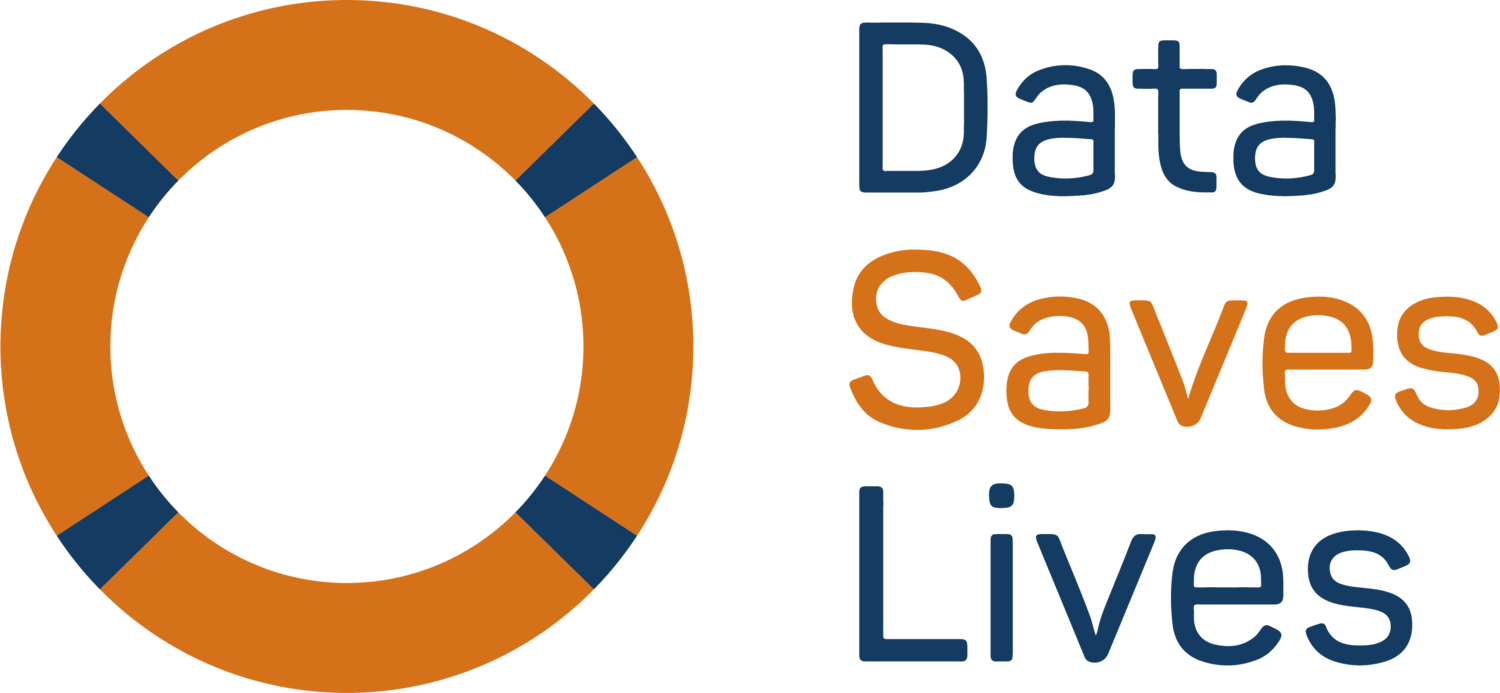In October 2022 the Data Saves Lives team held our first-ever Ambassador Training Bootcamp. Our goal was to equip regional and national level organisations with practical tools to aid in facilitating informed dialogue around health data sharing. You can read more about the Bootcamp here.
Three months on we caught up with Christopher Vella from the Malta Health Network about how the bootcamp has influenced his work.
“We know that to be effective we have to be objective”
The Malta Health Network (MHN) is a non-disease-specific voluntary organisation, made up of around 40 patient-centric organisations that are considered to be stakeholders in the Maltese healthcare system. MHN offers a platform to its members where they can network and acts as a first point of reference for any concerns. We take our mission to be the patient's voice seriously, and know that to be effective we need to be objective. Having good data to support our arguments when dealing with policymakers is crucial.
Exploring Chronic Pain
When the MHN decided that we wanted to explore the issue of chronic pain in Malta, we realised that although the Maltese National Health Service did have a support service for those dealing with chronic pain, there was no data on the subject. This meant that we could not objectively assess or audit the service.
Since we believe that our integrity relies on our ability to make recommendations based on data, we had no choice but to conduct our own research. By informing our members and pooling resources, we avoided replicating existing studies and conducted a much more extensive and original research project. When analysing the data we discovered that at 38% of the population, the number of chronic pain sufferers in Malta was nearly double the expected norm according to similar studies globally, which hovered around the 19% mark. Even more shockingly the Maltese figure was more than 8% higher than the highest percentage rate elsewhere in the world, which was around 30%. This finding enabled us to formulate our key recommendations much more confidently and concisely when presenting the Maltese consensus paper on chronic pain.
There are no greater experts than the patients themselves
We strongly believe that there are no greater experts than the patients themselves, but often their expertise is underutilised by policymakers and the scientific community alike. Modern healthcare is based on an evidence-based approach to medicine, which is dependent on good-quality data.
Although patient organisations are ideally placed to collect data, they are not routinely doing so. This might be due to the perception that GDPR (General Data Protection Regulation) is too rigid and complex, and as often happens, people believe it is better to err on the side of caution. Thanks to the Data Saves Lives initiative bootcamp, we are ready to address these misconceptions and help member organisations be more comfortable when handling data. This will help us to uncover the facts needed to back up the patient voice.
Understanding how to make change
Data is not a means in itself. Data needs to be transformed into information to be meaningful. The Data Saves Lives Bootcamp has helped me to be an ambassador for more data collection by patient organisations. The data gathered need not always be as extensive as the data collected during our chronic pain research, but patient organisations should be more comfortable collating qualitative and experiential data routinely. In this way, we can ensure we make more of an impact when making recommendations.

